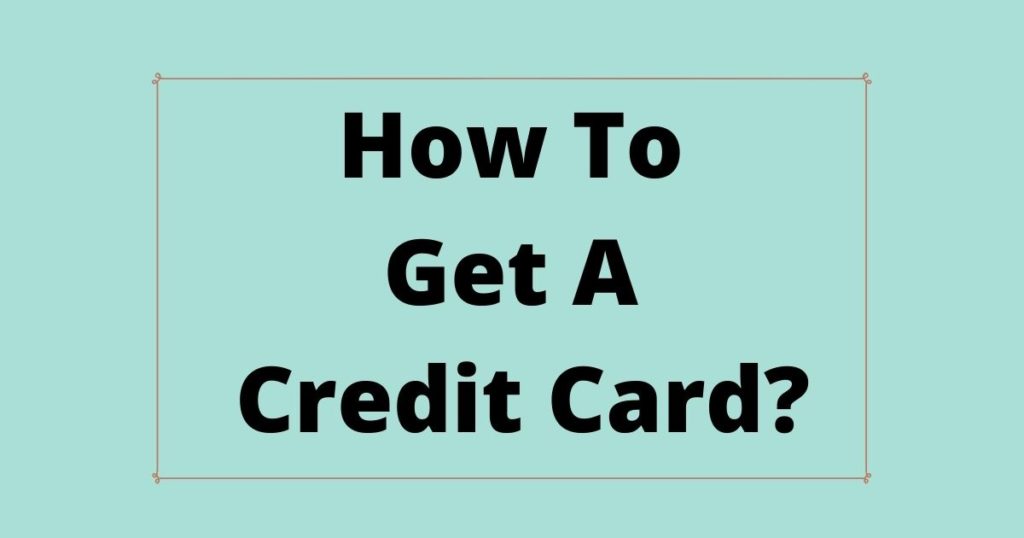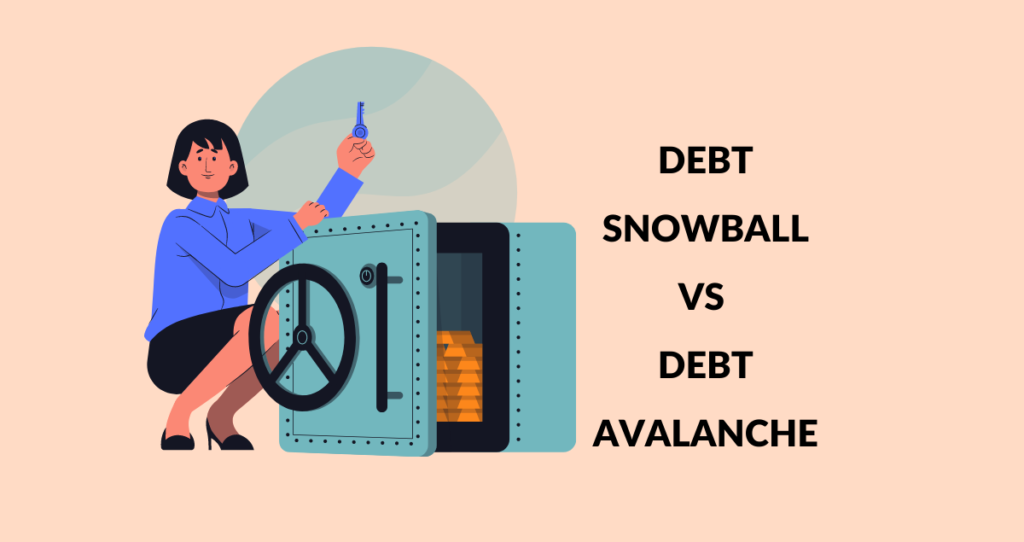It can be tricky to properly close a credit card without negatively impacting your credit score, but it is possible. Fortunately, with the right strategies, you can cancel a credit card without hurting your credit rating. In this article, we will explore the steps to canceling a credit card the right way, regardless of the type of card you have.
We will look at how to determine if you should even cancel the card, what to do if you can’t close it online, how to minimize the effect on your credit score, and other tips to keep in mind when canceling a credit card. With this guide, you will be able to apply the steps necessary to cancel a credit card without negatively impacting your credit.
Although it might be tempting to part ways with a credit card you don’t need, it is a good idea to keep your account open. This will allow you to benefit from its credit limit and other activities on the account. A small monthly expense can keep the account open and in good standing.
How to cancel a credit card without hurting your credit?
While canceling a credit card might sound like closing any other account, the impact on your credit score might be more destructive than most people think. This is because your credit card account is part of your overall credit profile. So, canceling that credit card might result in hurting your credit score if not done right.
So, how to cancel a credit card without hurting your credit? The safest way to cancel a credit card without hurting your credit is to do it the right way. That is, you must pay off your credit card balances first all the way to zero dollars before you close the account. Having $0 balances on your credit card accounts means that your credit utilization is 0%. So, closing one of your credit cards when you carry no balance will have little to no impact on your credit score.
In other words, your credit utilization will not increase or change due to closing the account. But, if you had a balance on your credit cards and close one of them, the closed account would lead to a decrease in your credit limit. Lowering your credit limit automatically leads to an increase in your credit utilization. Hence, lowering your credit score.
It is also important to redeem all your rewards and cancel all automatic payments linked to the card you want to cancel. Finally, you need to work with your credit card issuer to make sure that the card is completely canceled and get a confirmation for the cancelation.
How can closing a credit card affect your credit?
Closing a credit card can hurt your credit especially when you close an older credit card with a higher credit limit. Canceling a higher credit limit card causes a major decrease in your overall credit limit. If you have a balance on some of your credit cards, a decrease in your limit will result in an increase in your credit utilization. A higher credit utilization might lower your credit score.
Canceling a credit card can hurt your credit by affecting your credit mix. Both the FICO score and Vantage Score apply weights to your credit mix during your credit score calculations. In addition, closing an older credit card can lower the overall age of your active credit accounts.
To cancel a credit card without hurting your credit, make sure that all these factors are taken into account. For example, you might choose to consider alternatives instead of crossing a credit card entirely. Instead of closing your account, put a small monthly bill on the card and pay it off on time. This strategy will allow you to keep your credit profile intact and prevent you from accumulating a lot of credit card balances.
Steps to cancel your credit card without hurting your credit
Closing a credit card can leave a big dent in your credit. But there are strategies you can use to minimize the impact of closing a credit card account on your credit. The following steps can help you close your credit card without hurting your credit or at least minimize the effect of closing your credit card on your credit score.
1. Pay off all your balances on your credit card
As much as you want to cancel your credit card, it is equally important to pay your balances in full before closing the card. The credit limit on the card you want to cancel contributes to your overall credit limit and the balance you carry on your credit card is part of your credit utilization.
Closing a credit card while there is a balance on any of your credit cards, automatically lowers your overall credit limit and increases your credit utilization. An increase in credit utilization might lower your credit score. This is because your credit utilization is the second factor in your credit score calculation. That is your credit utilization affects 20% of your FICO score and 20% of your Vantage Score.
Let’s use the following hypothetical example. We will also assume that you carry no balance on your credit cards.
Example
- Credit card 1: Credit limit= $1,000
- Credit card 2: Credit limit = $1,500
- Credit card 3: Credit limit = $2,500
- The overall credit limit is $5,000($1,000+$1,500+$2,500) and your credit utilization is 0% since you carry no balance on any of your credit cards. If you close credit card 2, for example, your credit limit will become $3,500. But your credit utilization will remain at 0%. So, canceling this credit card will have no impact on your credit score.
Now, let’s assume that you have a $1,000 balance on credit card 3 and decided to cancel credit card number 2. Due to that balance, your credit utilization before closing your credit card was 20%. That is, you spent $1,000 out of your available $5,000 credit limit.
After closing credit card 2, your new credit limit becomes $3,500. What about your credit utilization?
Well, you still spent $1,000 out of $3,500. So, your credit utilization will jump to 29%. This increase in your credit utilization might result in lowering your credit score.
To cancel a credit card without hurting your credit, ensure there is no balance on all of your credit cards. Once the card is canceled, your credit utilization will not change even if your credit limit will go lower. This action will have no impact on your credit.
2. Cancel auto-pay for all bills and services you pay with your card
To cancel a credit card without hurting your credit, make sure that no auto-pay service is linked to your credit card. If you have different bills that you pay with your credit card and are automatically set up, cancel these payments.
Common automatic payments with credit cards include but are not limited to streaming services, newsletter subscriptions, utility bills, rent, etc. There is nothing wrong with paying these bills automatically using your credit card. However, before closing your credit card account, you need to cancel these payments. After closing your credit card account, the business you deal with will no longer process these payments. As a result, you could end up paying late payment charges and fees.
Some people also automatically pay their mortgages, car loans, and personal loans using credit cards. Closing a credit card without canceling these automatic payments can lead to missed or late payments. A late payment on your credit report will affect your credit and lower your credit score. To cancel a credit card without hurting your credit, cancel all automatic payments linked to that card and link those accounts to a different bank account and payment service.
3. Redeem your rewards
Rewards are some of the common perks credit card issuers use to attract and retain borrowers. Different types of credit cards come with different perks depending on the industry and the intention of the card. For example, if you have a cash-back credit card, you should expect to earn a small percentage between 1%-5% on qualifying purchases. You can redeem your rewards in a number of ways.
You can either use your rewards to pay off your credit card balance, make purchases, or simply transfer them into your bank account. If you have points or mile credit cards, these can also be redeemed before closing your card. The method you use to redeem your rewards will depend on the type of reward and the card.
Although redeeming your rewards will not add protection to your credit profile after closing a credit card; it is a smart move to redeem these rewards before closing the account. You worked so hard to earn these rewards, and therefore, you should redeem them. You don’t want to leave free money on the table. Your credit card issuers also do not care whether you redeem your rewards or not. Unless you have a different account in the program to transfer your rewards too, you might lose your rewards if you close a credit card before redeeming your rewards. So, take the issue into your own hands and claim every reward you earned.
4. Call your credit card issuer or close the account online
It is possible to close a credit card without hurting your credit. To do so, you need to make sure that you are following your credit card terms. Each card comes with its own rules that govern cancelations and proper channels to follow. Calling your card issuer and telling them that you want to close the account is a great way to deal with the cancelation process. Ask your credit card issuer if there is anything you need to do to ensure the process goes through smoothly. If all your balances are fully paid off, you will have not much to do with the account.
You can also complete the entire cancelation process inside your account online. Most credit card issuers have options to close your credit card online. So, follow the instructions given in your online account regarding your credit card cancelation process.
5. Get a confirmation that your credit card is no longer active
To close a credit card without hurting your credit, get a confirmation that your account has been properly canceled. The point is that if your card was closed, you will not have to worry about it. But believing the account is closed when it is not, can lead to paying unnecessary fees or late fees.
For example, if your credit card comes with an annual fee and you missed these payments believing that your credit card was canceled; you will pay a hefty late fee and some charges.
Even if you owe the lender $1 in annual fee, this tiny fee will still affect your credit when it is reported on your credit reports as a late fee. To close a credit card without hurting your credit, get a confirmation from your card issuer that the account has been successfully closed.
To get a confirmation, email your credit card issuer or give them a call. Having a copy of this confirmation is always important for future use.
6. Shred your credit card and discard it
A big mistake a lot of people make after closing their credit cards is to leave them in the open or simply toss them in the trash. Although the account is no longer active, your card has crucial information about you such as account information, names, etc. In a world where digital information is getting harder to protect, you need to make sure that your information does not end up in the wrong hands.
Although the card cannot be used to make purchases, hackers can use your information to access other financial accounts of yours. In case those fraudulent activities appear on your credit reports, your credit could take a big hit. After canceling your credit card, it will be of no use to you. So, shred the card and discard it.
7. Double-check your credit reports
Just because you got a confirmation in your email that your credit card was canceled, it does not mean the account is canceled. It is also possible that one or more credit reporting bureaus might continue to report your account as an active account when it actually is closed.
For this reason, you need to check your credit reports to make sure that the account is no longer active. After one or two billing cycles, your credit reports should show that your account is no longer active. Also, make sure that no late payments or any balance are falsely reported on the account. In case there are inconsistencies on your credit reports, dispute them (errors, inaccuracies, fraudulent activities) to major credit bureaus, your credit card issuers, or both.
When does it make sense to cancel a credit card?
Although there are strategies you can use to cancel a credit card without affecting your credit; closing your card might not be the best financial decision. You still need to evaluate your options and close your credit card only when it makes sense to do so. The following are tips to evaluate whether you need to close a credit card or simply keep it open.
- The car comes with an annual fee. By default, you should always stay away from credit cards with annual fees. Since credit cards help you meet your daily spending, it does not make sense to pay interest on these purchases. You don’t need to pay interest so that you can go shopping.
- You no longer need the card. If you are at a point where you no longer need the card, it might be a good idea to cancel your card. For example, your student credit card might no longer offer competitive benefits after graduation. Instead of holding onto the card, you can simply close the account or trade it for a much better card.
- You have excessive spending habits. In case you cannot stop yourself from spending, closing the account will be a smart move to avoid credit card debt. At the end of the day, it is easier to lose a few points on your credit score than to pay off credit card debts.
Does closing a credit card impact your credit history?
Closing a credit card account might affect the average age of active credit accounts. But closing a credit card won’t necessarily lower your credit history. As long as your account still shows on your credit report, you will still enjoy the credit age you have built with the card.
According to chase, a closed account (closed with good standing) will stay on your credit report for up to 10 years. On the other hand, closed accounts in bad standing will stay on your credit report for 7 years. During this period, you might still benefit from its age even if the account is no longer open. If the account is removed from your credit report, however, you will lose a portion of that credit history linked to the account.
The bottom line
The best way to close a credit card without hurting your credit is to follow the right steps. First, you need to make sure that closing your card is the best choice. Then pay off balances on all of your credit cards and cancel all automatic payments on the card.
It is not guaranteed that your credit score will not be impacted at all. It will all depend on the card you cancel and how you cancel it. Working with the card issuer, keeping a record of the cancellation, and checking your credit reports are essential in the successful cancelation of your credit card.







